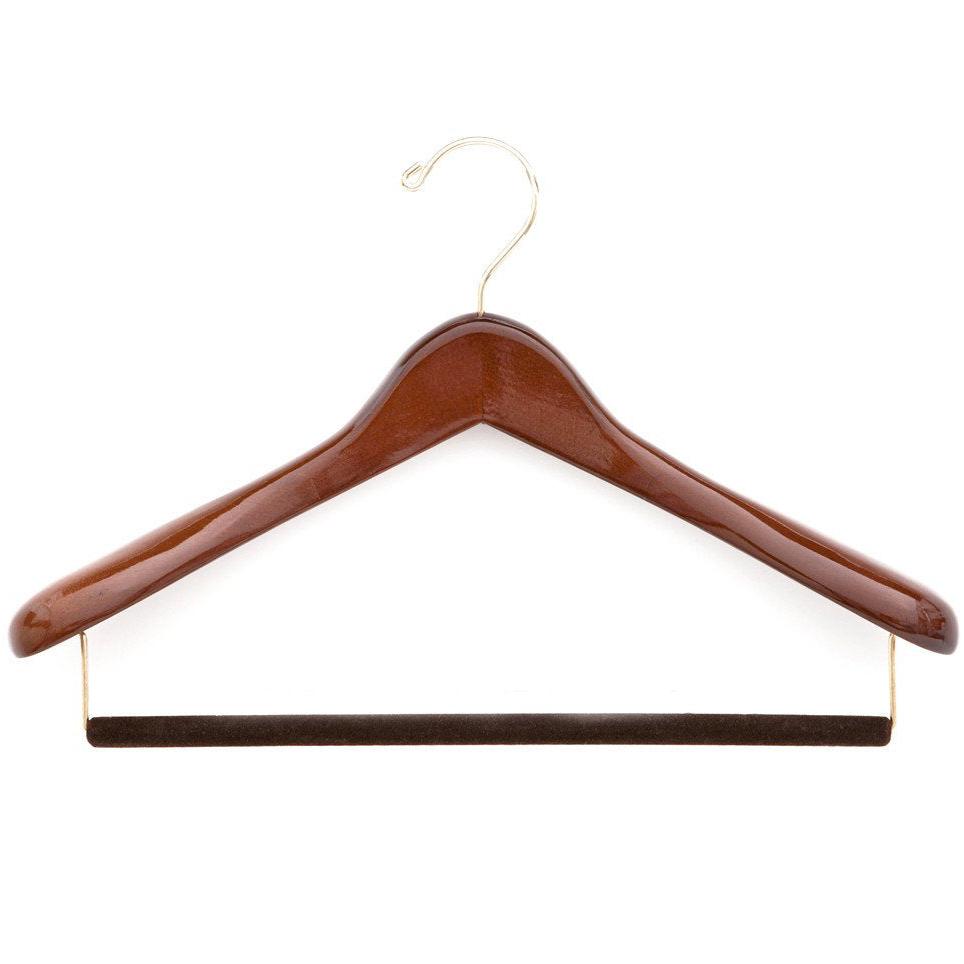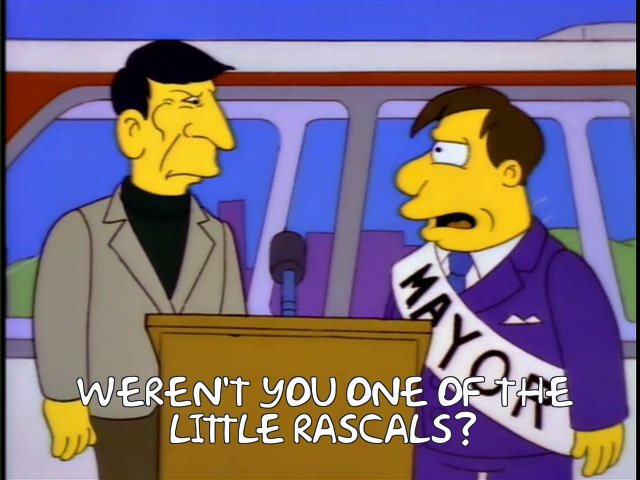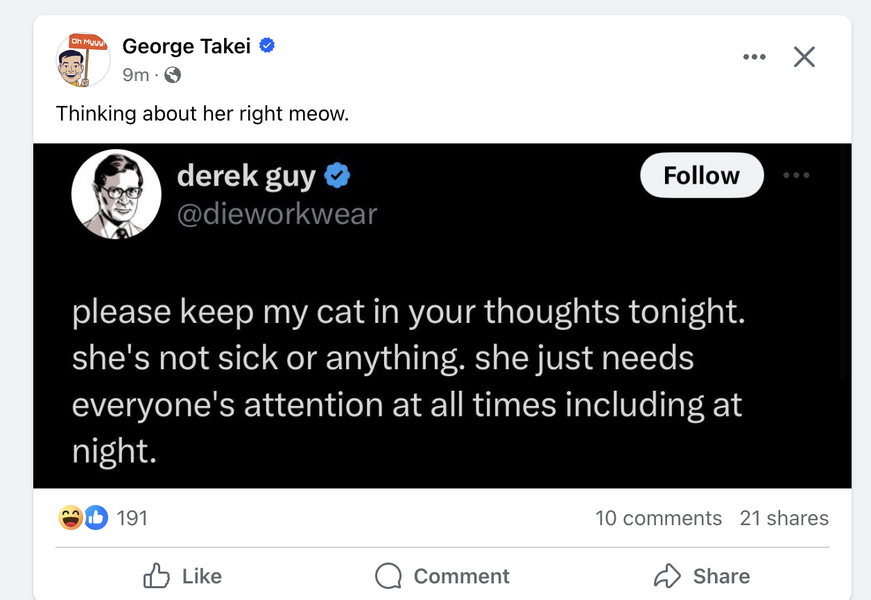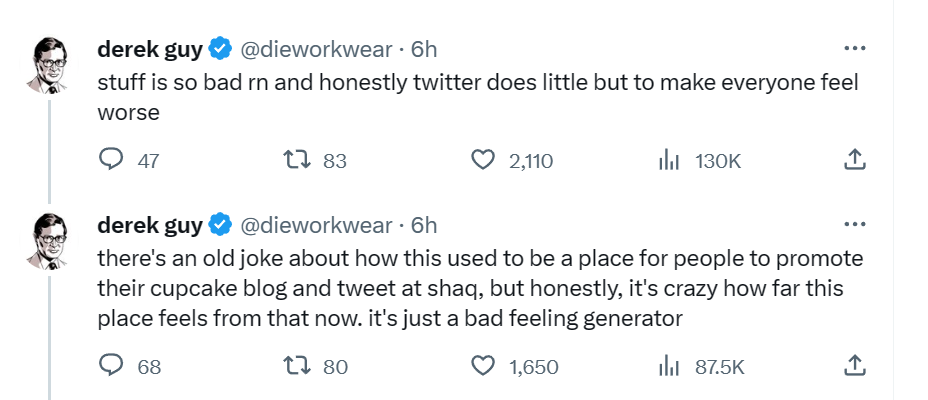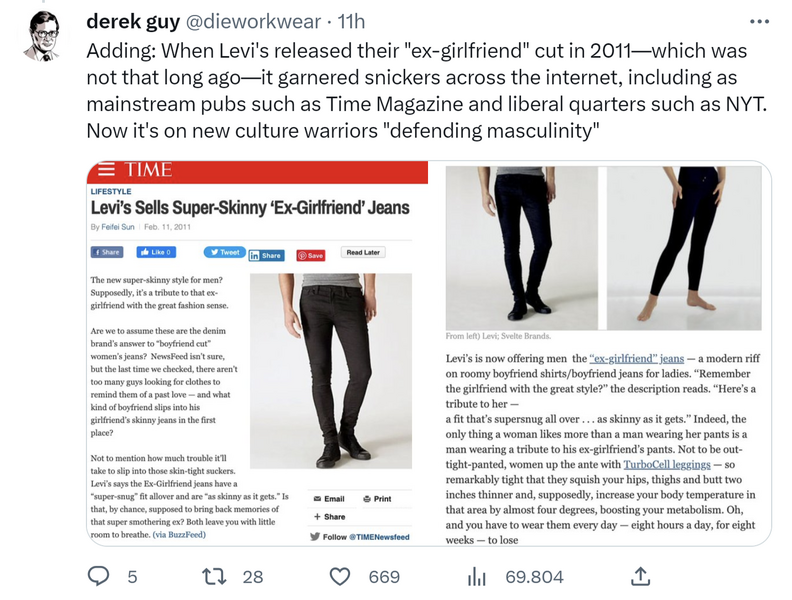- Joined
- Nov 24, 2014
- Messages
- 17,084
- Reaction score
- 17,668
I think that the point is that the vast majority of workers in the LA garment industry are Latino immigrants, which is objectively true. This is from 1999, but that's when I was in LA, and working with the fashion industry in LA:
90% of workers in the garment industry are Latino. I am not sure if whether the study differentiates between native born and immigrant workers. However, I would expect that a lot of them are immigrants. I l learned Spanish not in small part to be able to communicate better with Latino garment industry workers in LA.
Immigrant incorporation in the garment industry of Los Angeles - PubMed
Immigrant incorporation in the garment industry of Los Angelespubmed.ncbi.nlm.nih.gov
what in the world does an anecdote from los angeles in 1999 have to do with anything being discussed rn


